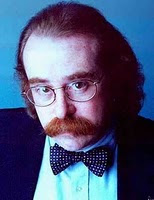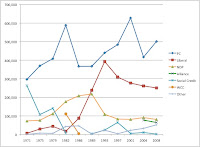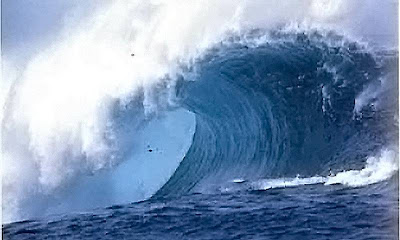In his most recent blog post and column in the Saint City News, David Climenhaga (aka Perfesser Dave) pointed out five main challenges that the new Alberta Party faces in becoming relevant in the 2012 election. It is a good list and these challenges do not face the new Alberta Party alone. Mr. Climenhaga is also accurate in describing the challenges facing the other opposition parties in Alberta.
While the Wildrose Alliance, now led by Danielle Smith, has been successful in raising piles of cash through their oil and gas sector bankrollers, both the Liberals and New Democrats have had a difficult time raising the kind of funds needed to compete with the near 40-year governing Progressive Conservative Party. In 2007, the Liberals led by Edmonton MLA Kevin Taft raised over $1 million, but it remained a miniscule amount compared to the PC Party’s multi-million dollar war chest.
For all the talk of vote-splitting among the opposition parties, the political field is really not that crowded. In 2008, over 60% of Albertans stayed away from the polls, which signals that Albertans are hardly overflowing the polling stations to split votes. Even the electoral equations provided by the Democratic Renewal Project show that a merger of Liberal and NDP votes in recent elections would only create a moderately-sized opposition. It is true that the new Alberta Party leader, Edwin Erickson, is not high profile and is unlikely to be the next Premier of Alberta, but once you step out of the political echo chamber or away from the Dome, all the parties become irrelevant. For all their hard work, show a picture of David Swann or Brian Mason to a random person on the street, and you will likely get a puzzled look.
Total Vote: Party Breakdown (Alberta 1971-2008)
Mr. Climenhaga claimed that the Alberta Party is a group of “self-important yuppified professionals who would like to go straight into power.” I have met with some of the organizers of the new Alberta Party and some of them are even good friends of mine. I can attest that while they are ambitious (and perhaps a bit naive), they are not what Mr. Climenhaga describes.
I have spoken with many Liberals and New Democrats who remain befuddled as to why anyone would attempt to start something new, rather than join the ranks of the already assembled politicos. On many levels, the people behind the new party are looking for a cultural shift in Alberta politics. Although they may agree with some of the policies promoted by the traditional political parties, they see the culture of these traditional parties as part of the problem. The Alberta Party organizers appear to be fully aware of the risks of failure and that they are stepping beyond the political comfort zones of many people already involved in other parties.
I know many jilted Liberals and jolted New Democrats who have resolved to bask in the glory days of Pierre Trudeau or Laurence Decore and Tommy Douglas or Grant Notley. I somewhat admire their political stamina and strength (or madness) in the face of adversity, but I also completely understand why a group of young politically ambitious reformers would want to chart their own course. Joining a group that has become content with spending decades in the relative obscurity of the opposition benches is hardly attractive if you are serious about changing government policy.
Building a new political party from the ground up is hard work. The current leadership of the Liberals and New Democrats inherited a base of support and network that has existed for decades. Considering that the party was formed only eight years ago, the growth of the Wildrose Alliance is impressive (recognizing that it did have roots in the mini-resurgence of the Randy Thorsteinson-led Social Credit Party in 1997). It will be interesting to see whether the people involved with the new Alberta Party can actually build something different.
Contrary to what you may sometimes read on this blog, I do not always enjoying pointing out the flaws of Alberta’s opposition parties. I wish they would do better. I wish for opposition parties that were not uncompetitive in half the constituencies represented in the Assembly. I wish for a competitive election in 2012 that will attract Albertans back to the ballot booths. If the current polling trends continue, it looks like it may be competitive, but it remains to be seen who will actually be the contenders.




